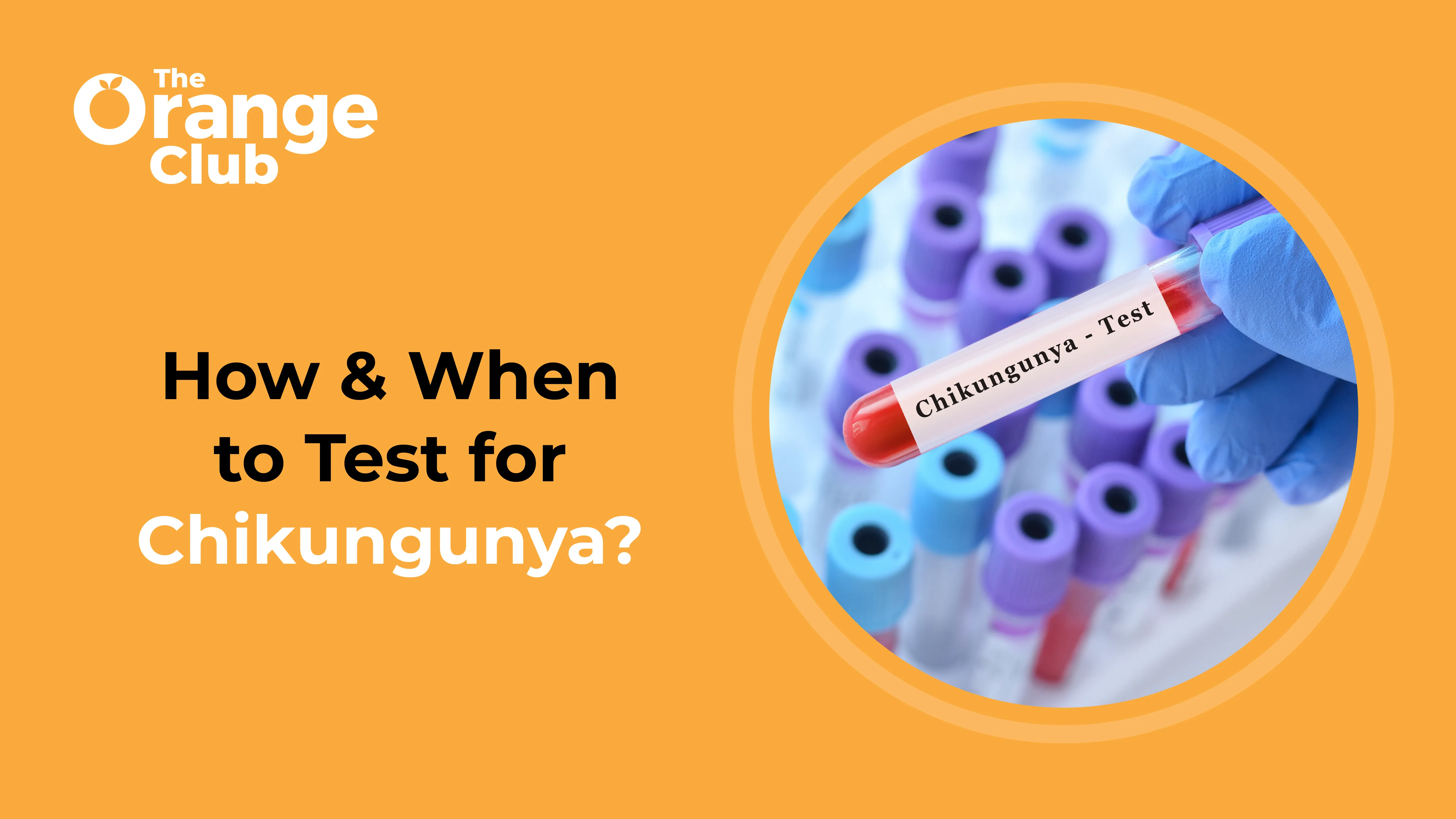Search for tests or checkups
SupportIs Dengue a Communicable Disease? Facts You Need to Know

Is Dengue a Communicable Disease? Facts You Need to Know
As dengue cases rise during the 2025 monsoon season, many people still wonder: “Is dengue contagious?” It’s a question that causes confusion and anxiety—especially in households where someone is already infected. In this article, we’ll break down the science, bust common myths, and explain exactly how dengue spreads.
How is Dengue Transmitted?
Dengue is caused by the dengue virus (DENV), and it is not transmitted directly from one person to another. The disease spreads when an Aedes aegypti mosquito bites an infected person, becomes a carrier of the virus, and then bites someone else—transmitting the virus into their bloodstream.
This vector-based transmission makes dengue unique: while it requires a human host, it absolutely depends on the mosquito to move from person to person.
Can You Get Affected Dengue from an Infected Person?
No, you cannot “catch” dengue by being near a person who is infected. Dengue is not airborne, droplet-spread, or passed through skin contact.
However, if you are in close proximity to someone with dengue and Aedes mosquitoes are present in the environment, you may be at risk. That’s because the mosquitoes can feed on the infected person and then bite others nearby—completing the cycle.
Role of Aedes Mosquito in Dengue Spread
The Aedes aegypti mosquito plays a critical role in dengue transmission. Here’s what you need to know about its behavior:
- Peak biting hours: Early morning and late afternoon
- Preferred habitat: Areas with stagnant water (plant pots, tires, uncovered tanks)
- Breeding cycle: Eggs hatch within 2–3 days in water and mature quickly
These mosquitoes thrive during monsoon due to increased humidity and water accumulation, making this season particularly high-risk.
Situations That May Increase Your Risk
While you can’t get dengue directly from another person, certain situations may raise your exposure:
- Living in the same home or building as someone with dengue
- Presence of uncovered water containers nearby
- Lack of mosquito repellents or window nets
- Daytime exposure without protective clothing
Why Misconceptions About Dengue Spread Persist
Many people still believe dengue is contagious due to:
- Media headlines using words like “outbreak” or “infectious” without clarification
- Word-of-mouth fears that amplify confusion
- Lack of easy-to-understand public health messaging
This confusion can lead to unnecessary isolation of patients or panic in communities.
What to Do If Someone in Your House Has Dengue
If someone at home has dengue:
- Keep them protected from mosquito bites using bed nets and repellents
- There is no need to isolate them from others in the household
- Watch for symptoms of dengue in other family members
- Eliminate standing water and get fumigation done, if needed
How to Protect Yourself and Others
Preventive steps to reduce the chance of transmission include:
- Use of mosquito repellents (DEET-based, citronella oils)
- Installing mesh screens and sleeping under mosquito nets
- Cleaning water storage tanks weekly
- Monitoring dengue hotspots through city apps or local alerts
Testing and Monitoring
Testing is the only way to confirm dengue and prevent escalation. Here's what you should know:
- Dengue Rapid Test
- NS1 Antigen Test
- IgM and IgG Antibodies
Orange Health Labs offers reliable at-home blood tests with faster delivery of reports.
Dengue is not a communicable disease in the traditional sense. It requires a mosquito as a carrier, making it preventable with environmental and personal precautions.
By understanding how dengue spreads—and doesn’t—you can take action to reduce panic, stop misinformation, and prioritize smart prevention. If symptoms arise, book a dengue test from Orange Health Labs and get results fast without stepping outside.

From Symptom Recognition to Diagnosis: The Dengue Testing Process Demystified

How to Check Kidney Function at Home - Types of Tests
